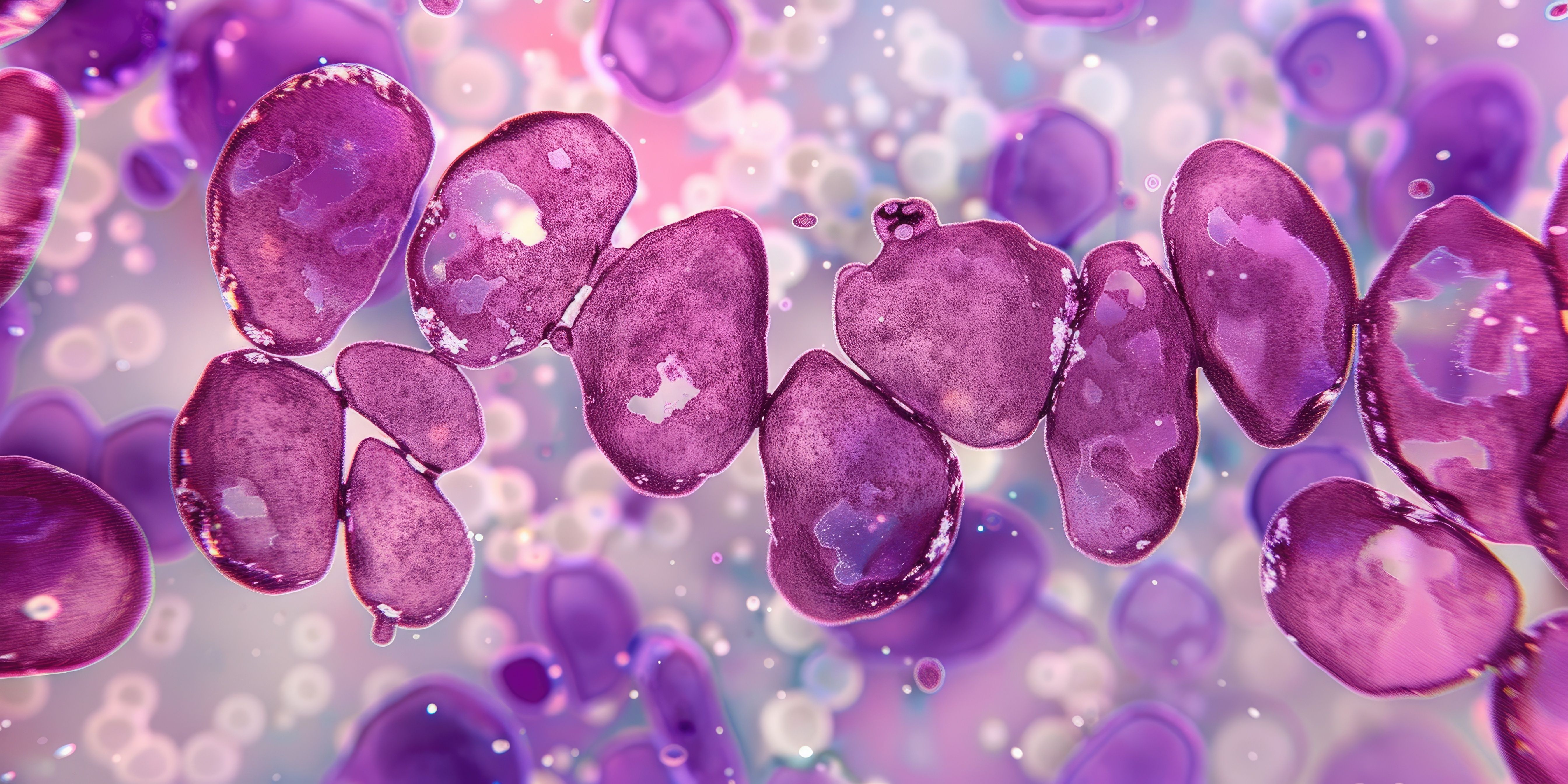October 16, 2024
Author(s): Alexandra Gerlach, Associate Editor
Pacritinib (Vonjo; CTI BioPharma Corp) demonstrated improved spleen volume reduction (SVR) and was tolerable in patients with myelofibrosis (MF) and thrombocytopenia, according to data published in the European Journal of Hematology. The findings offer deeper insights into the capabilities of Janus kinase (JAK) inhibitors to improve SVR and overall survival (OS), contradicting prior studies advising against use of JAK inhibitors for thrombocytopenia.1
Further studies are needed to identify the long-term safety and efficacy of the therapy.
Image Credit: © AkuAku – stock.adobe.com

Thrombocytopenia, a condition that occurs when blood platelet counts are too low, is a disease-related feature of MF that leads to poorer prognoses impacting both OS and leukemia-free survival. It can be caused by a variety of factors including ineffective hematopoiesis, splenic sequestration, and treatment-related effects. Allogeneic hematopoietic stem cell transplantation (HSCT) remains the only curable treatment for MF but is only available for a minority of patients. However, the development of JAK inhibitors has expanded treatment options for patients with MF and may show promise for treatment of thrombocytopenia.2
Pacritinib is a JAK inhibitor used to treat intermediate or high-risk MF that targets JAK2 and FMS-like tyrosine kinase 3. It was approved by the FDA in 2022 for treatment of both primary and secondary MF in patients with platelet counts < 50 x 109/L. In the phase 3, randomized, controlled PERSIST-2 trial (NCT02055781), pacritinib demonstrated favorable efficacy and tolerability compared with best available therapy (BAT) in patients with MF and thrombocytopenia.3-5
In the study, approximately 300 patients with thrombocytopenia and primary or secondary myelofibrosis were randomized in a 1:1:1 ratio to receive either pacritinib 400 mg once daily, pacritinib 200 mg twice daily, or BAT. The primary end points included SVR of ≥ 35% reduction in spleen volume from baseline to week 24 as measured by MRI or computed tomography, as well as ≥ 50% reduction in the total symptom score from baseline to week 24 on the Myeloproliferative Neoplasm Symptom Assessment Form 2.0.1,5
